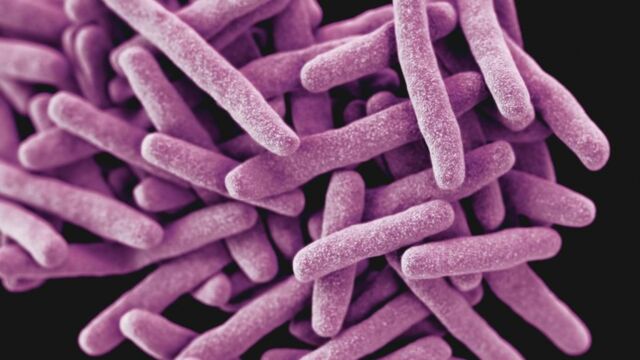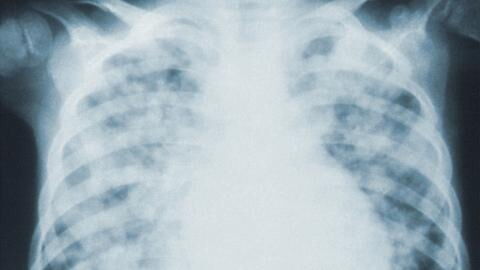There are fears that tuberculosis (TB) is on the rise due to people assuming they have Covid and cases going undiagnosed during the pandemic. It’s important to consider TB when symptoms and risk factors for the disease are present. But what are the symptoms and how are they different to Covid?
Discover our latest podcast
According to WHO, TB and Covid are both infectious diseases that attack primarily the lungs. Both diseases have similar symptoms such as cough, fever, and shortness of breath or difficulty breathing. However, TB has a longer incubation period with a slower onset of disease.

What are the symptoms of tuberculosis?
According to the Texas Department of State Health Services and eMedicineHealth, symptoms of active tuberculosis include:
- Cough of three weeks or longer
- Prolonged fever or chills
- Chest pain
- Weakness
- Night sweats
- Unexplained weight loss
- Coughing up blood
Read more:
⋙ Tuberculosis: This disease from the past could be making a comeback due to COVID
⋙ COVID: This rare side effect of the virus causes hallucinations and delusions
⋙ COVID: Pfizer vaccine used to treat COVID in world first
What are the symptoms of Covid?
Where as symptoms of Covid include:
- Sore throat
- Congestion or runny nose
- Headache
- Changes in, or loss of sense of, taste and/or smell
- Muscle pain/body aches
- Abdominal pain
- Nausea or vomiting
- Diarrhoea
- Feeling unwell
The incubation periods also differ. A person may test positive on a tuberculin tests between two to 12 weeks following exposure, but the bacteria is usually dormant and the incubation period for active disease is between one to two years. Where as the incubation period for Covid is between two to 14 days, with an average of five days.















